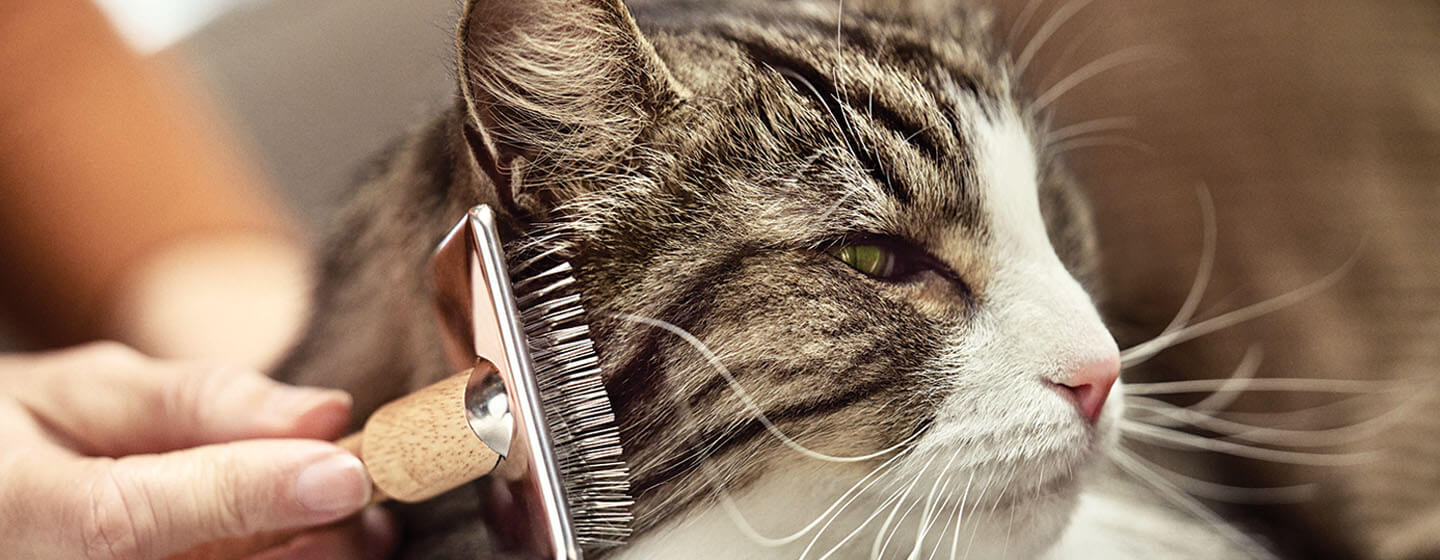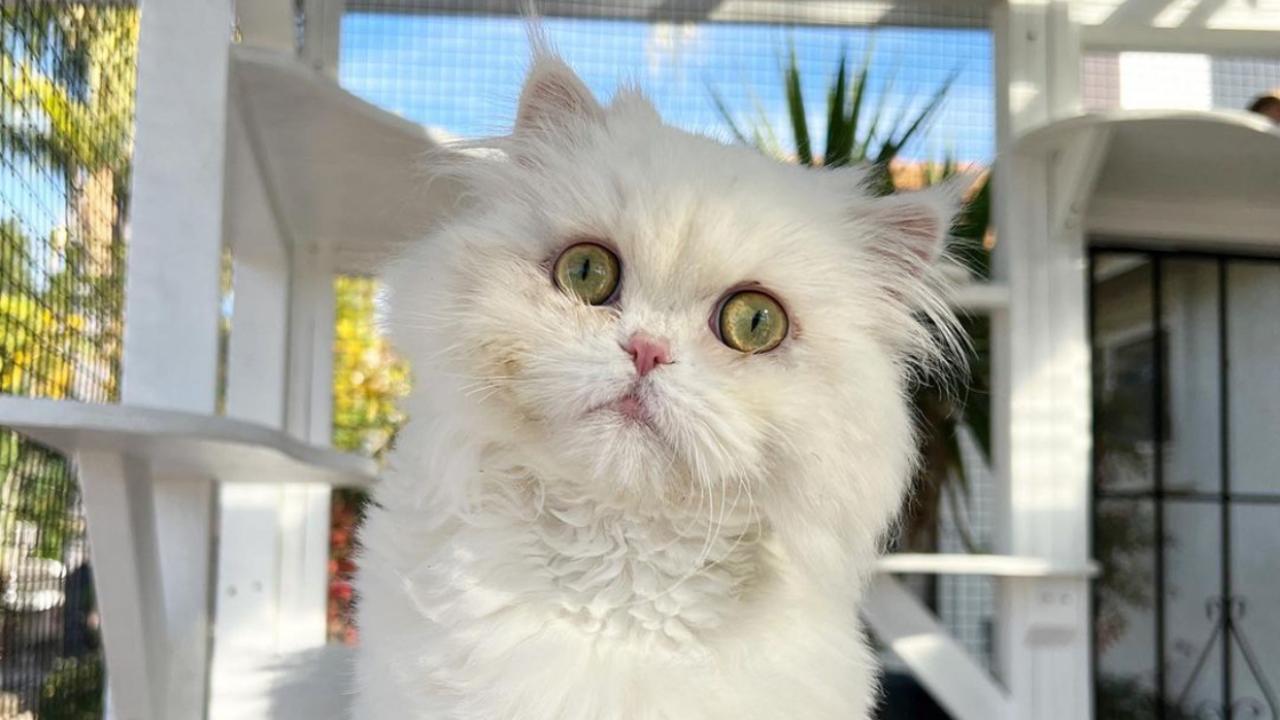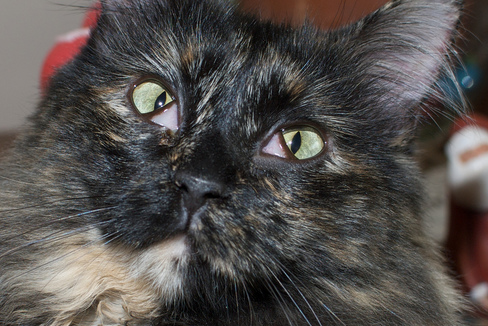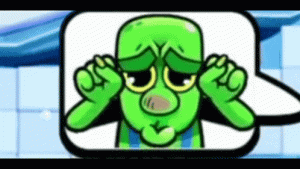Kittens are full of energy and curiosity, but when they start sneezing frequently, it can be concerning for pet owners. Understanding why your kitten is sneezing and how to address it is essential for their health and well-being. In this article, we’ll explore the common causes of sneezing in kittens, when to seek veterinary care, and what you can do at home to help your little feline friend.
Common Causes of Kitten Sneezing
1. Viral Infections
Viral infections are the most common cause of persistent sneezing in kittens. The two main viruses responsible for upper respiratory infections in cats are Feline Herpesvirus (FHV) and Feline Calicivirus (FCV). These viruses are highly contagious and often spread through direct contact with infected cats or contaminated surfaces.
Feline Herpesvirus (FHV): This virus affects the upper respiratory tract and can cause symptoms such as sneezing, runny nose, and eye discharge. It’s particularly common in kittens due to their underdeveloped immune systems. Once a cat is infected, the virus can remain dormant and reactivate during times of stress.
Feline Calicivirus (FCV): FCV can cause oral ulcers, sneezing, and nasal discharge. While most cases are mild, some strains can lead to more severe complications like pneumonia.
2. Bacterial Infections

Bacterial infections, such as those caused by Mycoplasma or Chlamydia, can also lead to sneezing in kittens. These infections often occur secondary to viral infections and may require antibiotic treatment. Symptoms can include thick nasal discharge, coughing, and fever.
3. Allergens and Irritants
Kittens can be sensitive to various environmental irritants, including pollen, dust, and cat litter. These allergens can cause sneezing and other respiratory symptoms. Other irritants like household cleaners, scented candles, and cigarette smoke can also trigger sneezing in kittens.
4. Foreign Objects

Sometimes, a foreign object such as a feather or grass particle can become lodged in a kitten’s nose, causing sudden and persistent sneezing. This type of sneezing is usually accompanied by one-sided nasal discharge.
5. Rare Causes
While less common, other conditions such as chronic rhinitis, cleft palate, dental infections, and even nasal cancer can cause sneezing in kittens. These conditions typically require veterinary intervention and advanced diagnostic testing.
When to Call the Vet

If your kitten is sneezing persistently, it’s important to monitor for other signs of illness. Here are some red flags that indicate you should consult a veterinarian:
- Persistent sneezing lasting more than 7 days
- Thick or discolored nasal discharge (yellow or green)
- Nasal discharge with blood
- Poor appetite and lethargy
These symptoms could indicate a more serious underlying condition that requires medical attention.
Treating Sneezing in Kittens
Most cases of sneezing in kittens are caused by viral infections and will resolve on their own within three weeks. However, there are several treatments and home care options that can help alleviate symptoms and support your kitten’s recovery.
Antivirals
In some cases, antiviral medications like Famciclovir may be prescribed to treat Feline Herpesvirus. Lysine supplements have also been used to reduce the severity of herpes symptoms, although their effectiveness is debated among veterinarians.
Antibiotics
Antibiotics are only necessary if a bacterial infection is suspected. Your veterinarian may recommend them if your kitten has thick nasal discharge, fever, or poor appetite.
Home Care

There are several at-home remedies you can try to help your kitten feel better:
- Steam therapy: Run a hot shower to create steam in the room and let your kitten breathe it in for 10-15 minutes.
- Warm food: Serve warm, moist food to entice your kitten’s appetite.
- Saline nasal drops: Use a saline solution to help clear nasal passages.
- Warm washcloth: Gently clean your kitten’s nose and eyes with a warm, damp cloth.
Prevention of Sneezing in Kittens
Preventing sneezing in kittens involves a combination of good hygiene, vaccination, and reducing exposure to irritants.
Vaccination
Vaccinating your kitten against Feline Herpesvirus and Feline Calicivirus is crucial. These vaccines are part of the core FVRCP (HCP) combination vaccine and can help prevent many upper respiratory infections.
Reduce Stress
Stress can weaken a kitten’s immune system and make them more susceptible to viral infections. Provide a calm, stable environment and avoid exposing your kitten to stressful situations.
Remove Allergens
Keep your home free from potential irritants by regularly cleaning, using air purifiers, and choosing low-dust litter formulas.
Conclusion
Sneezing in kittens can be a sign of various underlying issues, from viral infections to environmental irritants. While occasional sneezing is normal, persistent or severe symptoms should prompt a visit to the veterinarian. By understanding the causes and implementing preventive measures, you can help ensure your kitten stays healthy and comfortable.
Meta Title: Why Is My Kitten Sneezing? | US Trending News
Meta Description: Discover the causes and solutions for kitten sneezing. Learn when to see a vet and how to care for your kitten at home. Stay updated with the latest news.
Author: [Name]
Title/Role: [Job Title or Expertise]
Credentials: [Brief summary of qualifications or experience]
Profile Link: [Optional profile link]
Sources:
1. American Veterinary Medical Association
2. The Merck Veterinary Manual
3. PetMD
Internal Links:
– Understanding Kitten Nutrition
– Kitten Health Tips
– How to Train Your Kitten
Featured Snippet:
Kittens may sneeze due to viral infections, bacterial infections, allergens, or foreign objects. Persistent sneezing, thick discharge, or other symptoms warrant a vet visit. Home care includes steam therapy, warm food, and saline drops.
Call to Action:
Stay updated with the latest news about kitten health and care. Explore today’s headlines to keep your furry friend safe and happy.










More Stories
What is an Accord? Understanding the Definition and Usage
US Trending News: What You Need to Know About Alex Smith’s Leg Injury and Recovery
Alex Smith Leg Injury: Updates, Recovery, and Impact on His Career